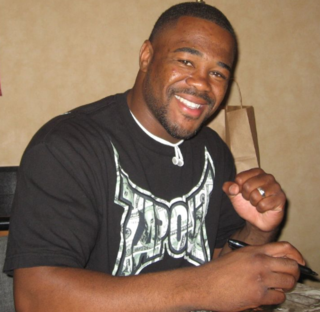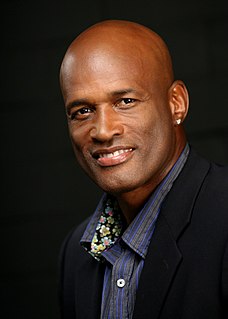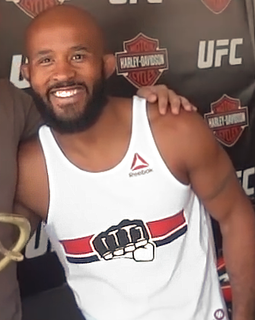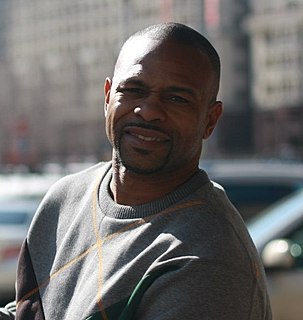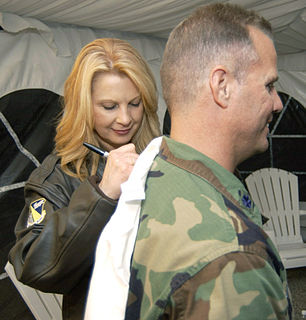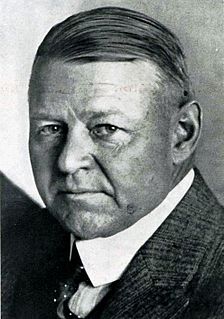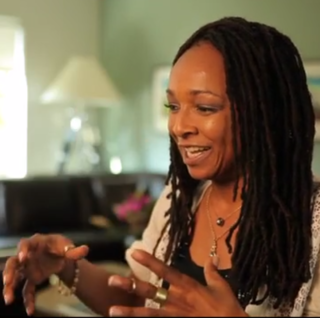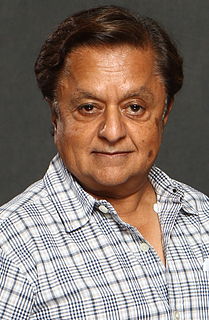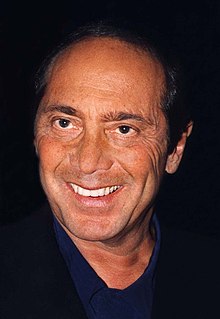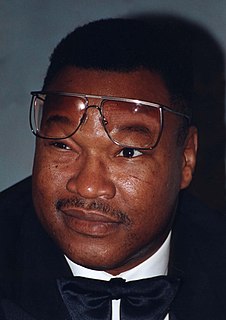A Quote by Julia Scheeres
To be honest, I didn't want to get inside Jones's head. Every time I wrote about Jim Jones I practically had to tie myself to my chair to force myself to do it; I hated him so much. He wanted to go down in history and he did. He's had hundreds of books and articles written about him. I was much more interested in the stories of the rank-and-file members of Peoples Temple, what drew them to Jones, and what they did once they were trapped in Jonestown and realized Jones was intent on killing them.
Quote Topics
Related Quotes
As kids, my brother David and I longed for acceptance. We were desperate to belong. We would have been thrilled to see the pews of Jones's church in San Francisco, with blacks and whites sitting side by side. And Jim Jones's sermons on social justice and equality would have had much greater appeal to us than the soporific morality tales we were accustomed to hearing. Jones promised real racial equality. He promised to create a truly equal community in the jungle in Guyana.
Jim Jones used highly-edited videos and photos of Jonestown, showing what a supposed Eden it was. People were interviewed smiling and working in the fields, telling other church members to hurry down and join them. These interviews were staged; the people were told exactly what to say. Truth is, Jonestown never even produced enough food to feed everyone, and people were going hungry.
I was working on a satirical novel about a charismatic preacher who takes over a small Indiana town. Then I remembered Jim Jones was from Indiana and Googled him. I learned that the FBI had recently released all the documents that agents collected from Jonestown after the massacre - over 50,000 pieces of paper and almost 1,000 audio tapes. I started reading the files and couldn't tear myself away; I find "true" stories inherently more powerful than fiction.
In California, Jim Jones even staged a shooting of himself. The lesson of this was two-fold. One, that he was a god - he could heal himself. He had these magic powers. A large segment of his congregation came from a Pentecostal tradition that believed in faith healing and already believed Jones had the power to cure others. And two, the "shooting" made him seem important. Civil rights leaders were being gunned down - MLK, Jr., Medgar Evers, Malcolm X - and he longed to be considered as heroic and important as they were.
Average Jones had come by his nickname inevitably. His parents had foredoomed him to it when they furnished him with the initials A. V. R. E. as preface to his birthright of J for Jones. His character apparently justified the chance concomitance. He was, so to speak, a composite photograph of any thousand well-conditioned, clean-living Americans between the ages of twenty-five and thirty.
I think the folks who joined Jim Jones's church did so because they truly believed in his stated ideals of racial equality and social justice. That's why he was able to convince one thousand of them to immigrate to the jungle of Guyana. Although history has stigmatized Jonestown residents as the people who "drank the Kool-aid," I'd argue that they were noble idealists. Furthermore, they were murdered. They didn't willingly drink poison - they were forced to do so at gunpoint. They sought the ideal, only to have their leader horribly betray them.
What happened was I was a songwriter on Quincy Jones' publishing company, Qwest, for two and a half years before I gave him the song for Michael Jackson. He had a meeting with the songwriters. I think there were about six of us on the West Coast and we all had a meeting at his house where he sort of gave us an outline of what he wanted. To finish this BAD album Jones needed one more song to round out the album. I took notes and then I then took my notes to my writing partner Glen Ballard.
I think Roy Jones is a great fighter, a great puncher. But you know, he doesn't use the jab. But he's got everything else going for him. The problem that hurts Roy Jones in the boxing business, in the celebrity business, is his attitude. Attitude hurts, because you say a lot of things that you probably don't really mean and you say them because you don't want to be put down. But you've got a lot of people who don't like what you say, and that hurts. And that's what Roy Jones has been hurt by. That's what I have been hurt by.

